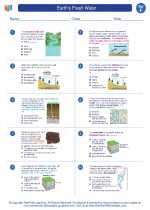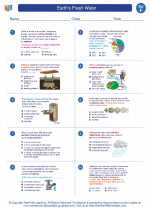What are Exothermic Reactions?
Exothermic reactions are chemical reactions that release energy in the form of heat. This energy is given off to the surroundings and often causes a temperature increase.
Examples of Exothermic Reactions
Examples of exothermic reactions include combustion (burning of fuels), the rusting of iron, and the setting of concrete. These reactions release heat energy to the surroundings.
Energy Changes in Exothermic Reactions
In exothermic reactions, the energy of the products is lower than the energy of the reactants. The excess energy is released to the surroundings in the form of heat.
Measuring Exothermic Reactions
Exothermic reactions can be measured using a thermometer to observe the temperature increase in the surroundings. Additionally, calorimetry can be used to measure the heat released in exothermic reactions.
Applications of Exothermic Reactions
Exothermic reactions have various applications, including in the production of energy (combustion of fuels), in industrial processes, and in everyday phenomena such as cooking and baking.
.◂Science Worksheets and Study Guides Sixth Grade. Earth's Fresh Water

 Worksheet/Answer key
Worksheet/Answer key
 Worksheet/Answer key
Worksheet/Answer key
 Worksheet/Answer key
Worksheet/Answer key
 Vocabulary/Answer key
Vocabulary/Answer key
 Vocabulary/Answer key
Vocabulary/Answer key
